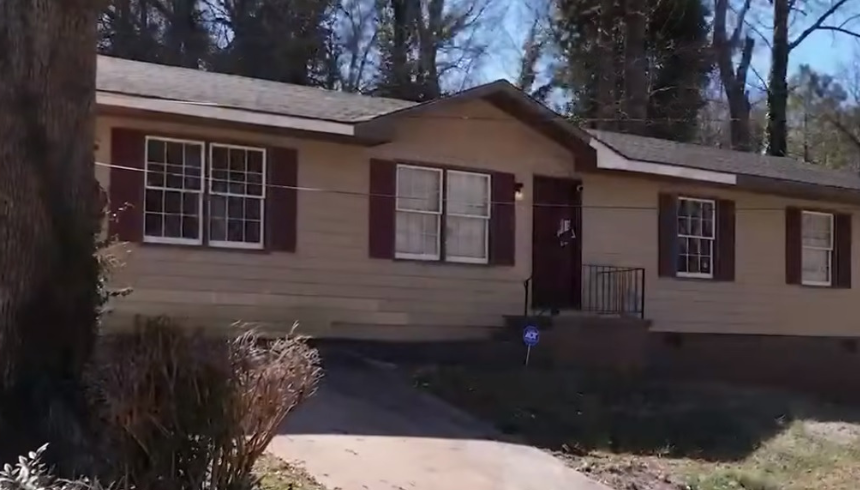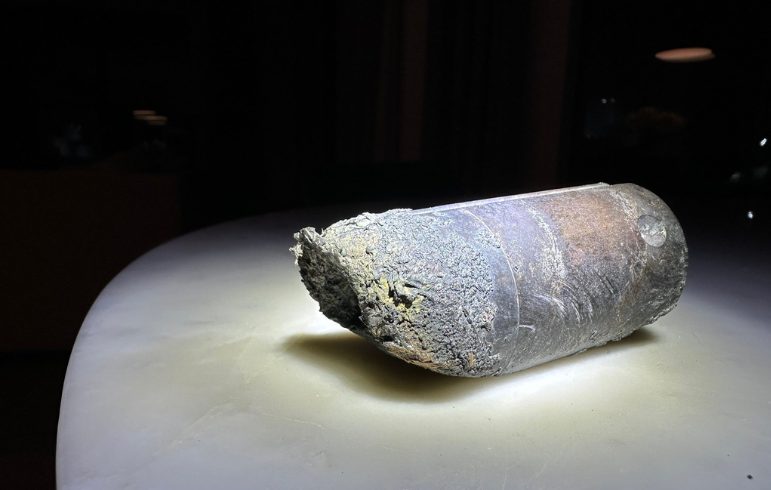In a tale that blends tragedy with legal complexity, an 85-year-old Atlanta resident, Robert Elder, finds himself entangled in a nightmarish battle over the home he’s cherished for five decades. This cherished abode, a symbol of stability and belonging, now stands as a battleground for justice against the backdrop of alleged deceit and forgery.
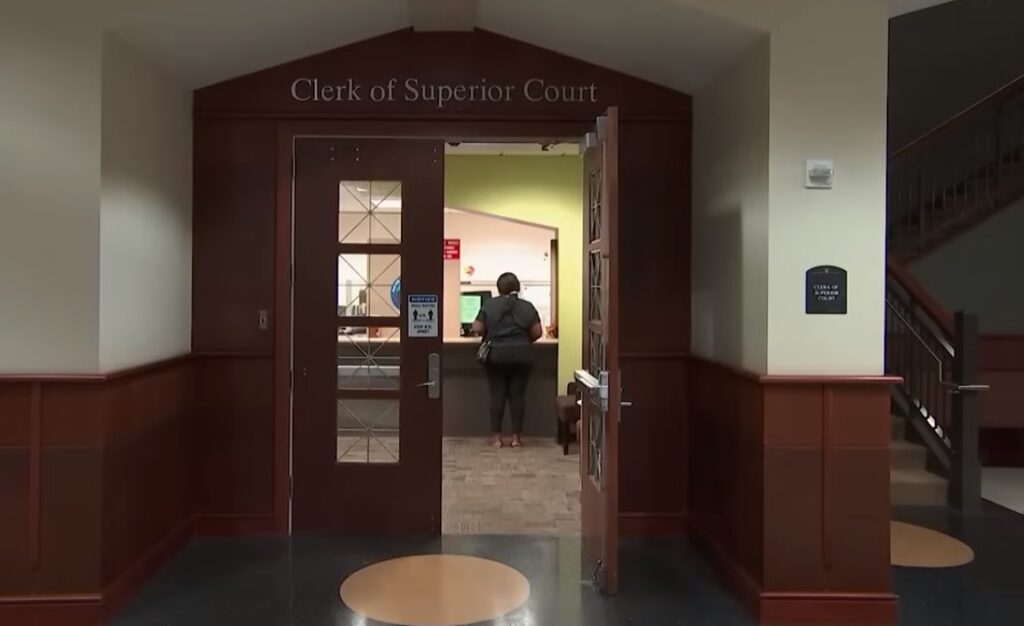
Robert’s ordeal began when he discovered that his stepson from a previous marriage, Torrey Elder, had allegedly orchestrated a series of fraudulent transactions involving the property. According to Robert, Torrey had falsified multiple deeds, effectively transferring ownership of the home into his own hands. The deeds, filed three times over the course of last year, bore signatures that Robert adamantly denies authorizing, casting a shadow of doubt over the authenticity of the transactions.
The sequence of events unfolded ominously, with deeds being filed in rapid succession – first in July, then again in August under the guise of a “corrective deed,” and finally in September. Each filing further solidified Torrey’s purported claim to the property, leaving Robert’s ownership in jeopardy.
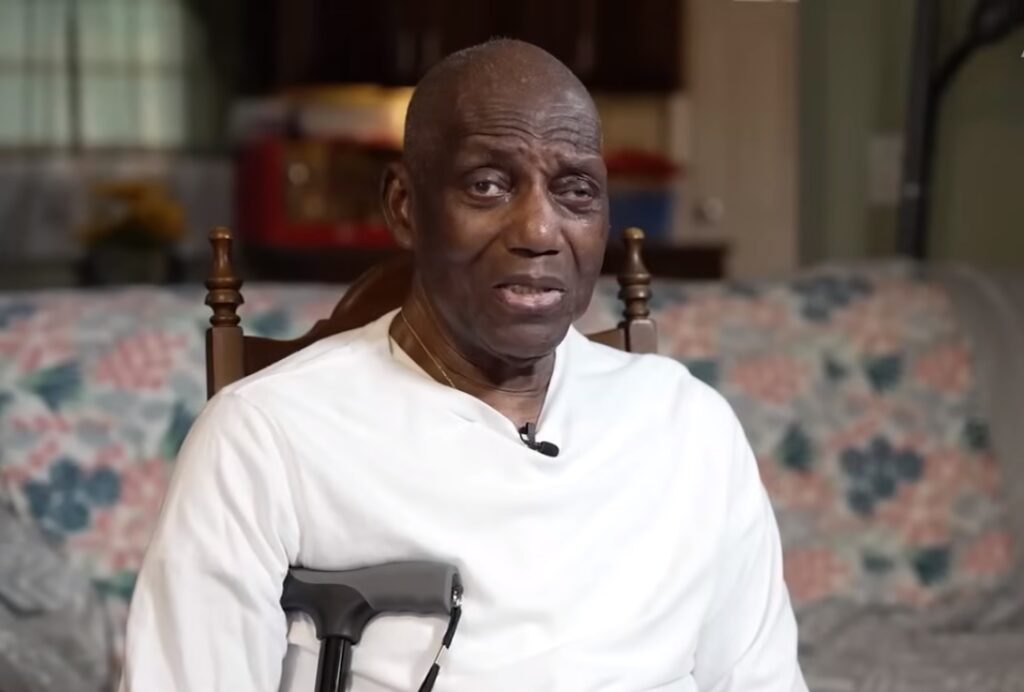
However, Robert’s steadfast denial of involvement in these transactions underscores a glaring vulnerability in Georgia’s property laws. Shockingly, the state’s current regulations lack stringent identification requirements for filing property paperwork. This oversight leaves homeowners like Robert susceptible to fraudulent schemes, where the sanctity of property ownership can be undermined by the stroke of a pen.
Amidst the legal wrangling, real estate fraud attorney Rick Alembik has emerged as a beacon of hope for Robert, championing his cause with unwavering determination. Alembik denounces the alleged deeds as acts of theft, emphasizing the gravity of the situation and calling for swift and decisive action to bring the perpetrators to justice.
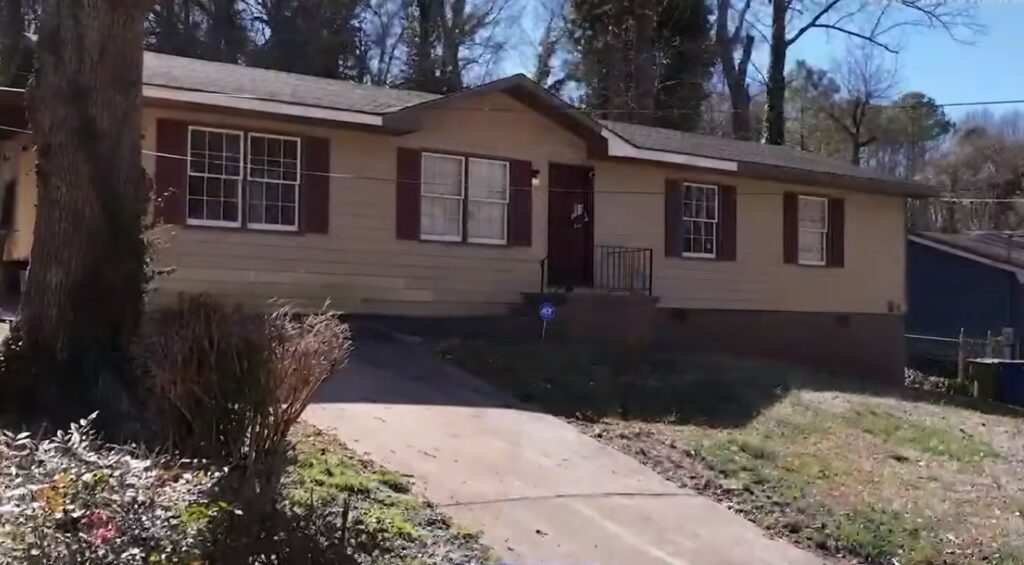
The case also shines a spotlight on the role of notaries in the property transaction process. While these individuals are entrusted with verifying the identity of signers before affixing their stamp, Robert’s lawsuit implicates them in the fraudulent deed filings, raising troubling questions about their complicity in the affair.
Despite the challenges Robert faces, there are glimmers of hope on the horizon. Georgia’s property fraud registry, while not a panacea for preventing fraud, offers homeowners a vital tool for monitoring activity related to their homes. This registry serves as a lifeline for Robert and others in similar predicaments, providing a means of early detection and intervention in cases of suspected fraud.
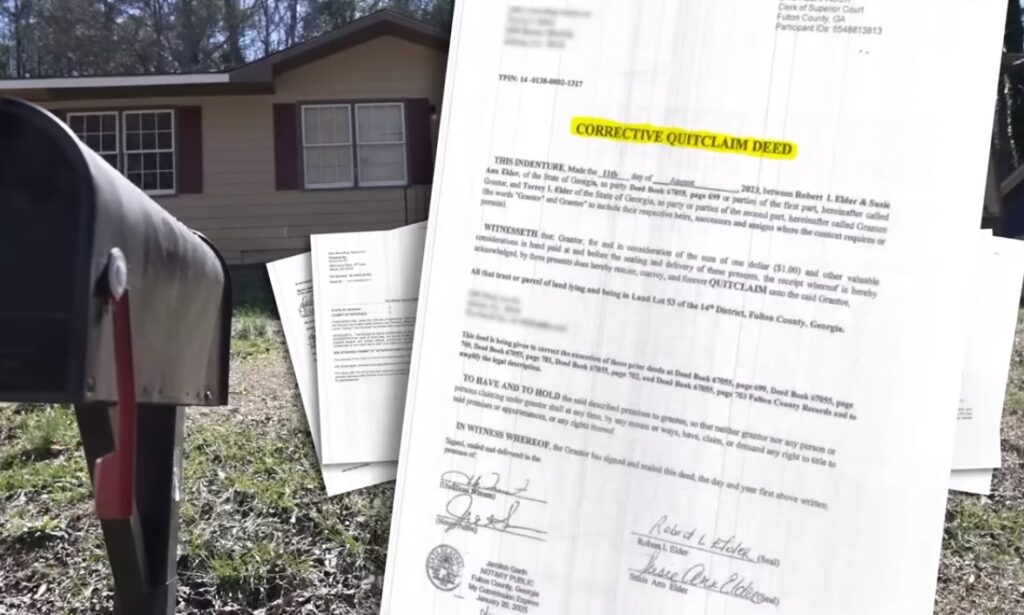
As Robert Elder navigates the labyrinth of legal proceedings in his quest to reclaim his home, his story serves as a sobering reminder of the vulnerabilities within the property system. It underscores the urgent need for reforms to safeguard homeowners from falling victim to deception and ensure that the sanctity of property ownership remains sacrosanct.

